
Scientists aim to unravel secrets of universe

Scientists in Switzerland are engaged in a search for the Higgs boson – a key particle in the Big Bang theory. A top physicist explains how it will change our lives.
Michel Spiro, council president of Geneva-based Cern, the European Organization for Nuclear Research, tells swissinfo.ch about existential questions and “collaborative globalisation”.
A hundred metres beneath Geneva, bunches of protons whizz around a 27-kilometre long tube – the Large Hadron Collider (LHC) – at a speed approaching that of light. When they collide, their tiny point of contact is the hottest spot in the universe.
What’s more, the giant magnets which enable these collisions are kept at a temperature close to absolute zero. The LHC is thus both the largest and most powerful fridge in the world.
Spiro, speaking at the 2011 Europhysics Conference on High-Energy Physics in Grenoble, says there’s a lot more to the largest particle accelerator on earth than odd facts like these.
swissinfo.ch: The physics community is getting very excited about the first results from the LHC. But non-physicists appear to be struggling to get their heads round the Higgs boson. Ultimately, what is the point of particle physics?
Michel Spiro: It contributes to attempts to answer questions which humanity has been asking for ever. The fundamental human questions involve trying to understand, represent and think about the world in which we live.
What are we made of? Of these famous particles no less. Where do we come from? The collisions in the accelerators reproduce conditions in the universe as they were billions of years ago. The laws of physics and studying the results have enabled us to retrace the history of the universe, which was once so hot and so dense that we think of our origins as a sort of explosion which we call the Big Bang.
There’s also the question of the future. Where are we going? It seems that the emptiness in which we’ve ended up is expanding and that the universe has a tendency to cool down.
swissinfo.ch: Questions, hypotheses and yet more questions…
M.S.: There’s certainly no shortage of mysteries to deal with. Why do particles have mass? That’s far from being purely academic – it’s what enables the universe, and as a result us, to exist in the form that we know.
In theory, the origin of the mass of particles is the famous Higgs boson. This is what gives space-time a certain viscosity and mass to matter. It existed in the first fractions of a second of the universe, and the effects will be felt until the end of time.
There’s also dark matter. This fills the universe but we don’t know what it consists of. And there’s a form of dark energy, which seems to accelerate the universe’s expansion.
And the final mystery: the fact that normally the laws of physics are symmetrical between matter and anti-matter. If you look around, fortunately the only thing you can see is matter – if anti-matter was also here, everything would be wiped out and we wouldn’t be here to talk about it.
swissinfo.ch: How will the Swiss in the street be affected by your experiments?
M.S.: First, by what we’re looking for, which as I said before corresponds to humanity’s expectations, but also by the economic and technological consequences.
Cern works at the level of global collaboration, and it’s thanks to that that we developed the Web, which has become part of everyday life around the world. With the LHC, there is the grid that networks computers around the world. We can’t say at the moment whether it’s going to be used a massive amount, but it’s already a globally collaborative tool. Besides, when the Web started, we didn’t know it would have such repercussions.
Cern also develops free software and cutting-edge electronics, all of which is open to everyone. All of that could result in advances in many areas – even those far from particle physics.
swissinfo.ch: Your researchers don’t have to worry about placating shareholders. Will you be the last of the idealists to do science for the simple love of knowledge?
M.S.: We’re right in the middle of the globalisation movement. But with us it isn’t based on competition between companies. It’s a collaborative globalisation. At Cern you’ll find working on the same experiment previously opposing countries. Like India and Pakistan, or Israel and Iran. We hope to see some Palestinians one day – they already come to our summer schools.
So, in effect, we make light of borders and cultural differences in a mutual effort to improve humanity. And who knows? Maybe one day we’ll be considered a model for advancing the world.
The collider took about 15 years to construct.
It is 4.5 times longer than the Tevatron in Chicago, once the largest particle accelerator, and has about 50 times more energy stored in its beams.
An estimated 10,000 people from 60 countries have helped design and build the accelerators and its massive particle detectors.
The LHC, which currently operates at 3.5 trillion electron volts will be upgraded in 2013 so that it can run at seven trillion volts, starting in 2014.
In the Large Hadron Collider, high-energy protons in two counter-rotating beams are smashed together to search for exotic particles.
The beams contain billions of protons. Travelling just under the speed of light, they are guided by thousands of superconducting magnets.
The beams usually move through two vacuum pipes, but at four points they collide in the hearts of the main experiments, known by their acronyms: ALICE, ATLAS, CMS, and LHCb.
When operational, the detectors see up to 600 million collision events per second, with the experiments scouring the data for signs of extremely rare events such as the creation of the so-called God particle, the yet-to-be-discovered Higgs boson.
(Adapted from French by Thomas Stephens)

In compliance with the JTI standards
More: SWI swissinfo.ch certified by the Journalism Trust Initiative




















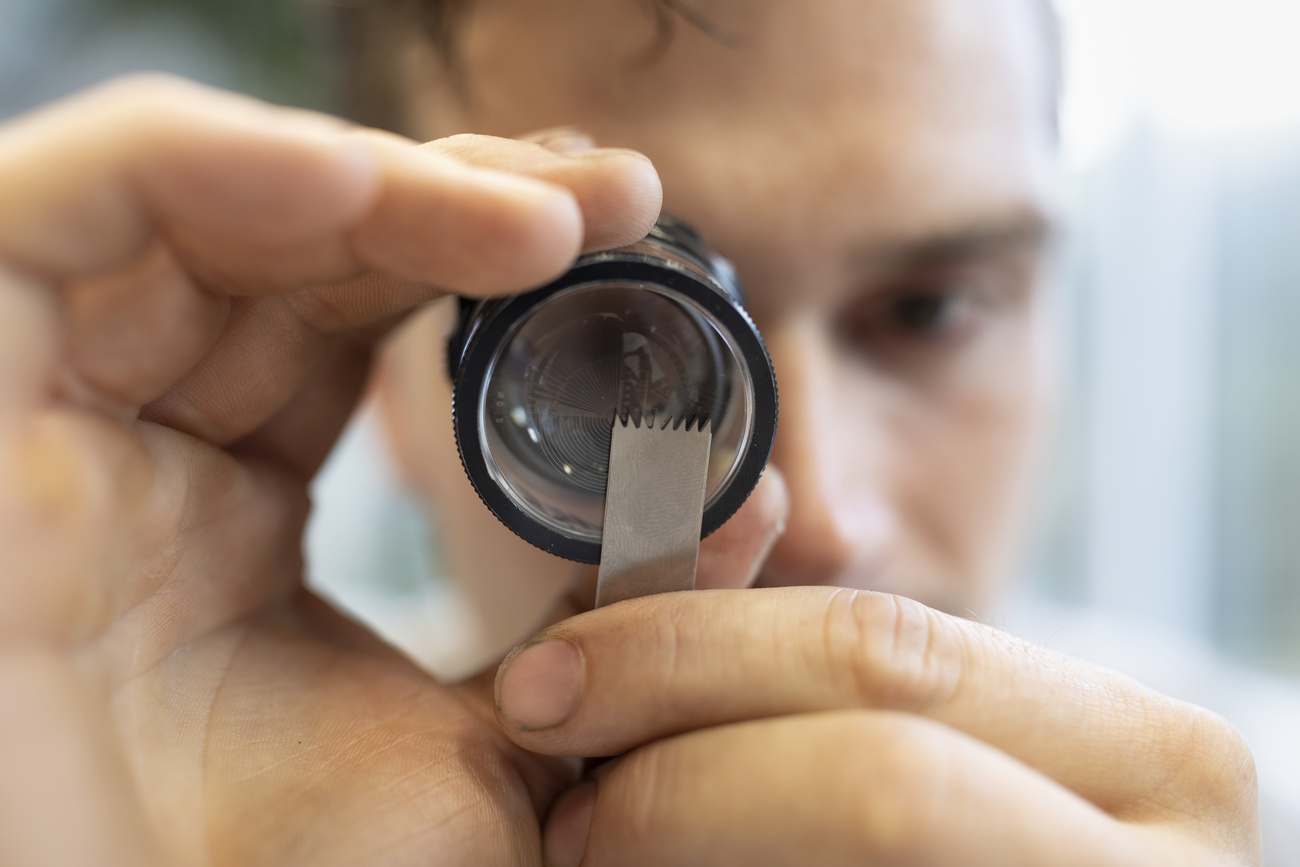







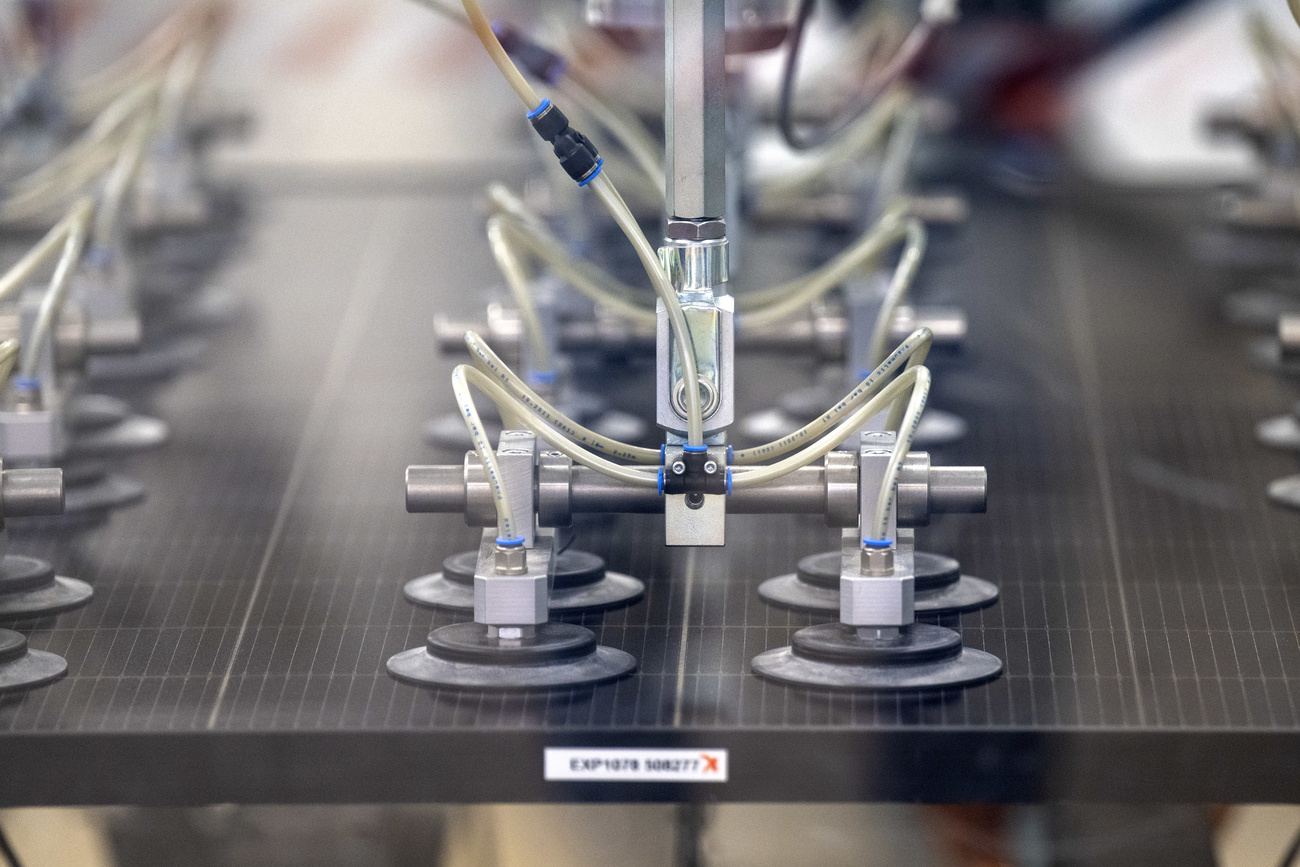




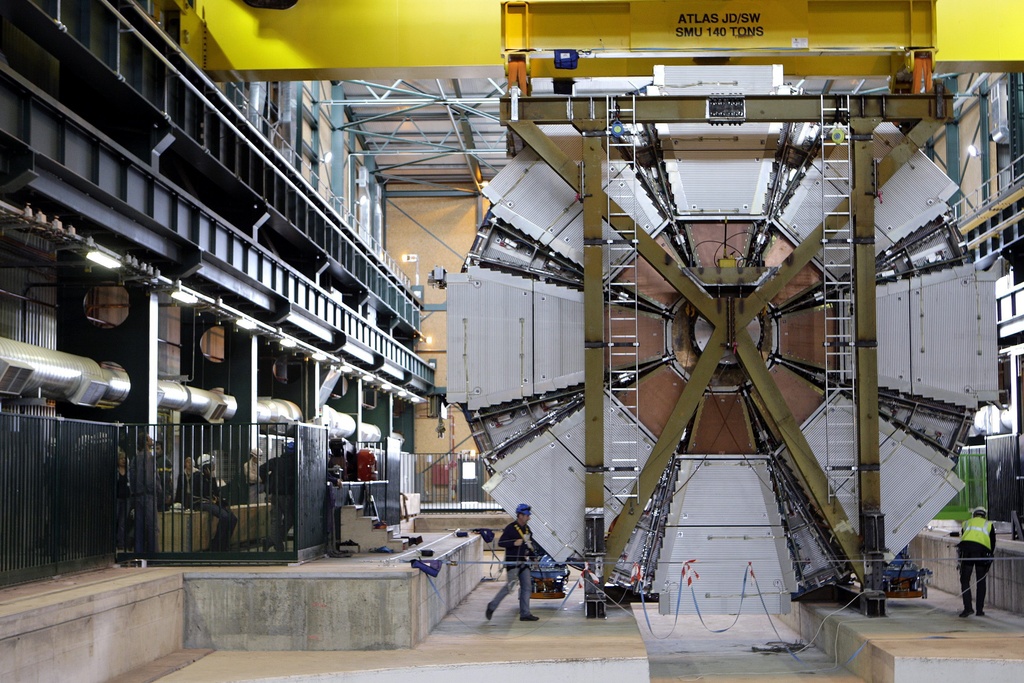
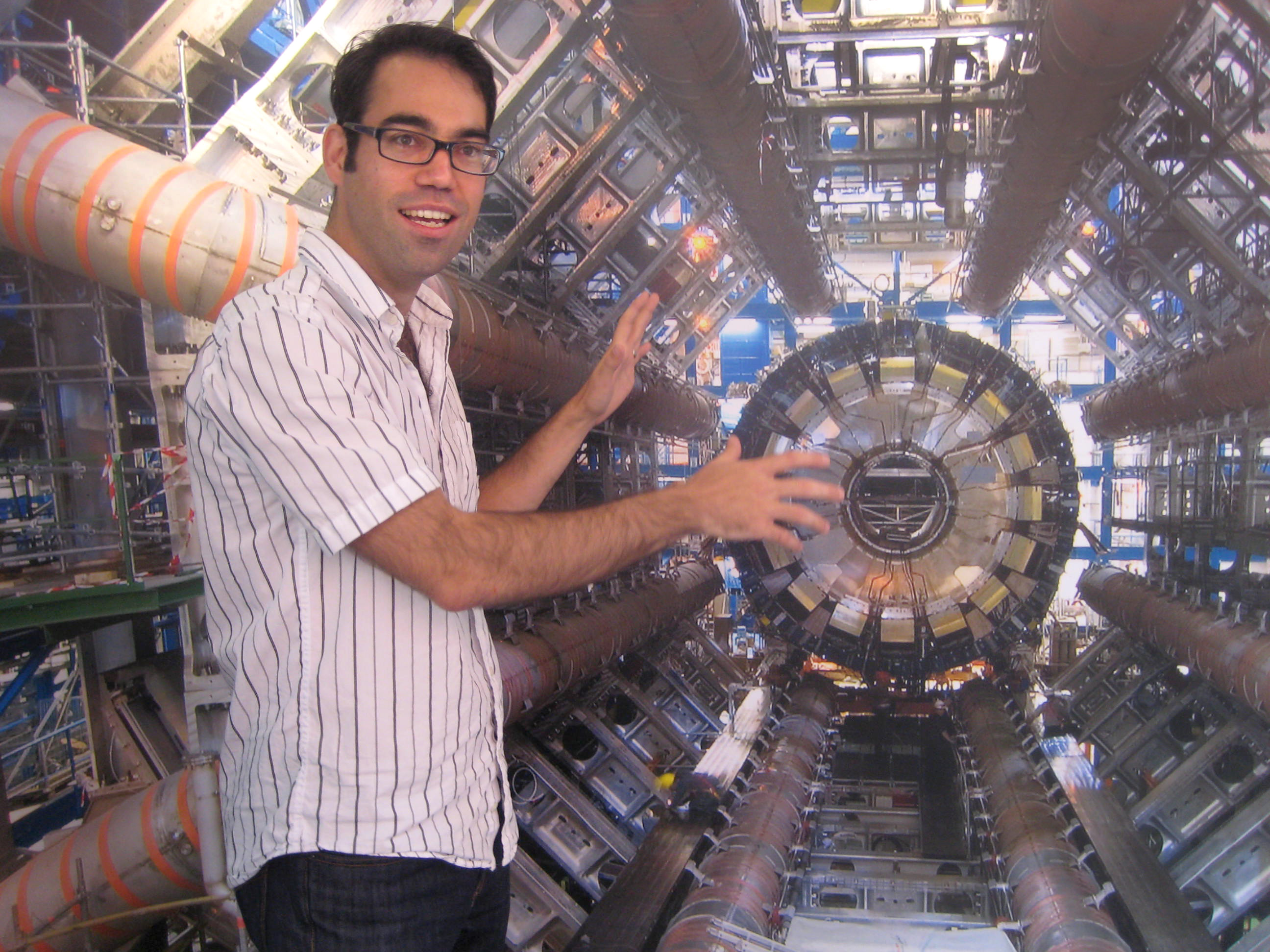
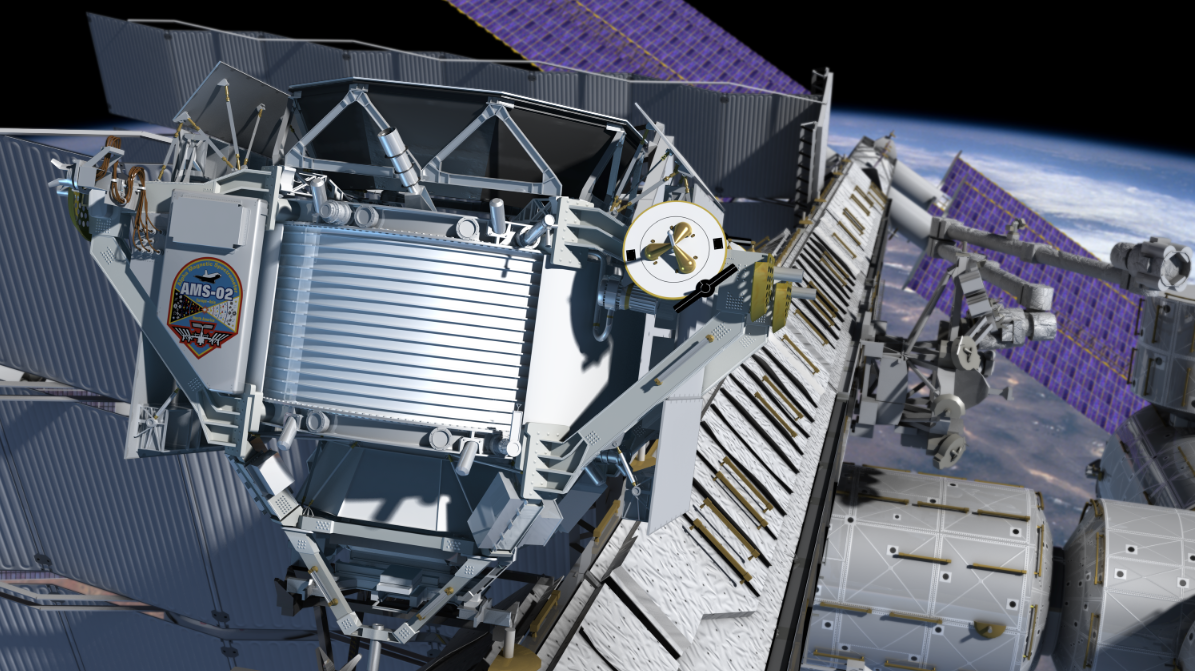
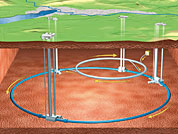


You can find an overview of ongoing debates with our journalists here . Please join us!
If you want to start a conversation about a topic raised in this article or want to report factual errors, email us at english@swissinfo.ch.